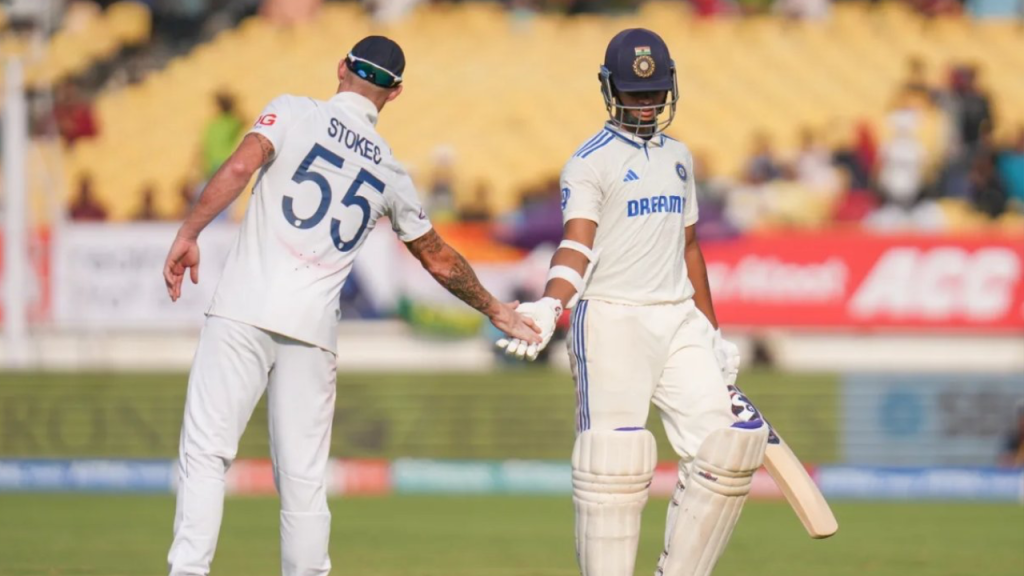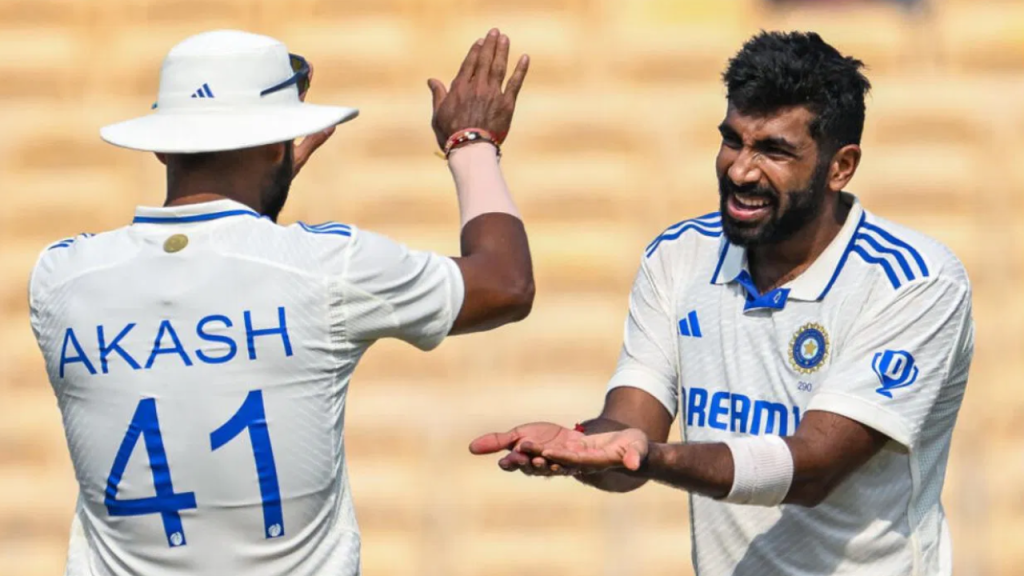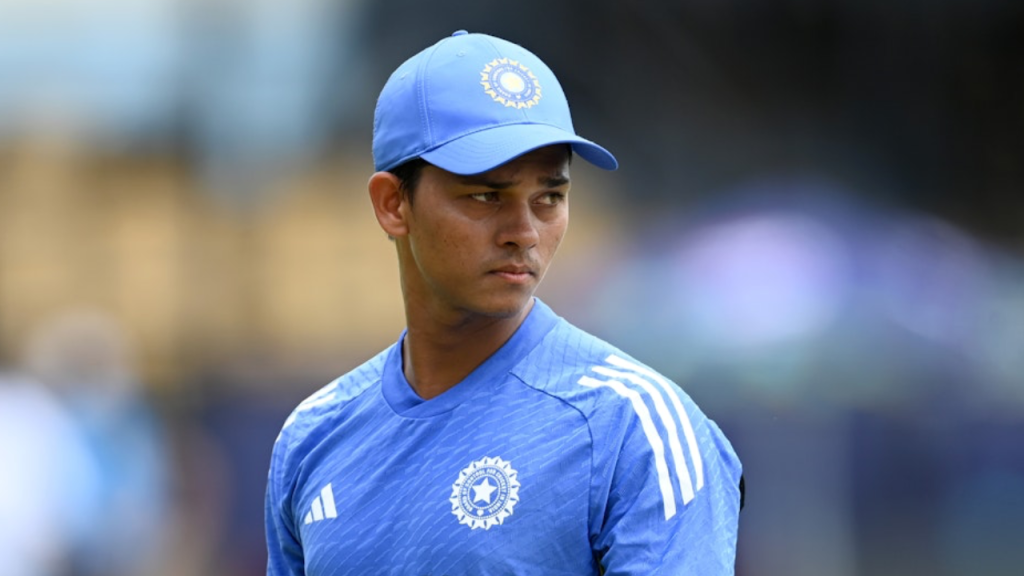In the wake of India’s cricketing roller coaster, from the highs of clinching the T20 World Cup 2024 under Rohit Sharma’s leadership to the lows of a rare home Test series defeat against New Zealand, the spotlight now shifts to Suryakumar Yadav. As India gears up for the T20I series against South Africa starting on November 8, 2024, Yadav’s approach to leadership reflects a deep-seated respect for Sharma’s style, which has been pivotal in shaping his own.
“When I am on the ground, I keep noticing Rohit. How his body language is and how he keeps calm and how he treats his bowlers, how he speaks to everyone on and off the field. I know how he treats his players, and what he wants from them. That route I have also taken as he has been successful,” Suryakumar Yadav remarked, shedding light on the mentorship he has received from Sharma.
This series comes at a time when India, still basking in the glory of their T20 World Cup victory, faces the challenge of maintaining momentum in the shortest format. The Test series loss to New Zealand, marking the first time in over a decade that India lost a home Test series, added layers of complexity to Sharma’s captaincy narrative. However, it’s his T20 leadership that has left a lasting impression, especially after leading India to their second T20 World Cup title, ending an 11-year drought for an ICC trophy.
The series against South Africa is not just another bilateral contest for India; it’s a test of their depth and adaptability post the World Cup high. With Sharma’s influence evident in Yadav’s leadership, the series promises to be a display of how well India can transition leadership styles while maintaining their competitive edge.
Yadav’s leadership, inspired by Sharma’s, focuses not just on the game’s technicalities but also on team dynamics. His emphasis on understanding and communicating with players, much like Sharma, aims at fostering an environment where every player feels valued and understood, crucial for success in high-pressure games.
As India steps onto the field against South Africa, the echoes of Sharma’s captaincy will be heard through Yadav’s decisions and demeanor, proving that leadership in cricket, much like the game itself, is as much about legacy as it is about innovation. This series, therefore, becomes not just a contest of cricketing skills but a narrative of leadership continuity and evolution within the Indian cricket team.





